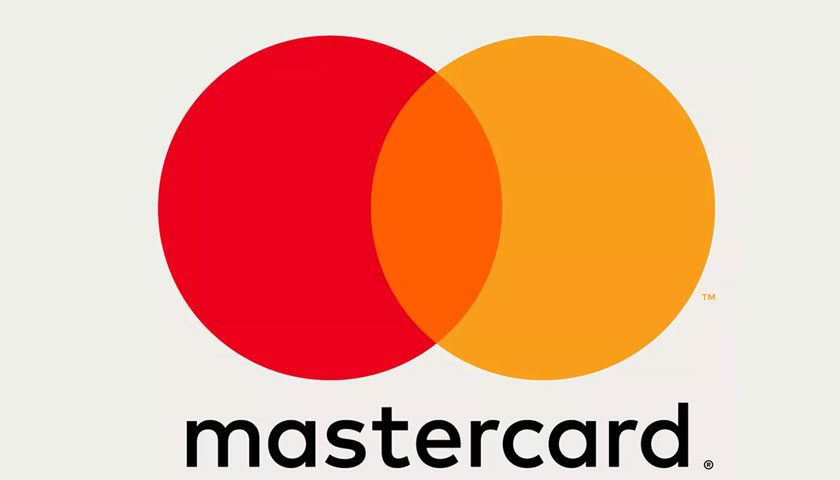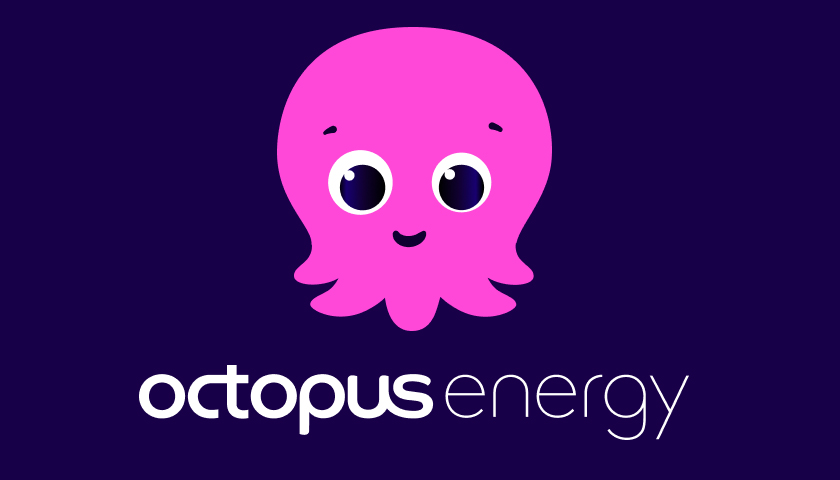The health and economic consequences of COVID-19 have highlighted the critical need to support vulnerable populations, many of whom are disproportionately impacted.
In this time of global crisis, Mastercard has expanded its worldwide commitment to financial inclusion, pledging to bring a total of 1 billion people and 50 million micro and small businesses into the digital economy by 2025. As part of this effort, there will be a direct focus on providing 25 million women entrepreneurs with solutions that can help them grow their businesses.
The extended commitment builds on Mastercard’s ongoing efforts to address the COVID-19 related health and economic challenges facing individuals all over the world.
“If we’re going to recover in any sort of long-term, sustainable way, we have to make sure that everyone is included. Getting people access to the digital economy is a critical part of that,” said Ajay Banga, Chief Executive Officer at Mastercard. “This is so much more than philanthropy. This is an opportunity to develop commercially-sustainable and scalable social impact with government and private sector partners—and to do it in a way that helps society-at-large thrive.”
At the 2015 Spring Meetings of the International Monetary Fund and the World Bank Group, Mastercard committed to bring 500 million excluded individuals into the financial system. It achieved that goal through more than 350 innovative programs across 80 countries.
In the U.S., Mastercard has worked with non-profit microfinance organization Grameen America to support its technology transformation and to transition low-income women entrepreneurs to digital banking. Thanks to this partnership, women can establish a financial identity and grow their businesses by digitizing their operations and accessing microloans. To date, Grameen America has disbursed over $1.5 billion to help more than 132,000 women entrepreneurs build or expand their businesses. During the current coronavirus crisis, digital payments have enabled them to continue disbursing same-day loans to women entrepreneurs in need, providing critical lifelines of support to their businesses.
In Mexico, together with Neumann Kaffee Gruppe and its coffee export company Exportadora de Café California (ECC), Mastercard created a digital supply chain payment system that provides a streamlined, safe, secure and speedy way to pay farmers directly, allowing them to earn more for their crop. NKG and Mastercard are building on these efforts to bring digital payments to other markets and protect more vulnerable cash-only farmers.
In Kenya, Mastercard partnered with Unilever to create Jaza Duka (fill up your store), a digital program for micro-merchants in Kenya with more than 18,000 duka owners already registered. The program provides a micro-credit eligibility recommendation to Kenya Commercial Bank (KCB), which can then assess a retailer’s credit worthiness and extend formal credit for stock purchases.
Reaching the one billion goal will require a broad range of efforts, including ongoing work on government disbursement solutions, wage digitization of private sector workers, partnerships with mobile network operators, solutions for gig workers, scaling efforts with fintechs, digital platforms and digital wallets/apps, solutions addressing needs of the financially vulnerable and the expansion of CityKey and Community Pass programs.
Today’s announcement builds on Mastercard’s ongoing efforts to support an inclusive recovery by leveraging the company’s technology, capabilities and reach. That work includes:
-
In the first weeks of the global health crisis, Mastercard committed up to $25 million in seed funding to establish the COVID-19 Therapeutics Accelerator in partnership with the Bill & Melinda Gates Foundation, Wellcome, The Chan Zuckerberg Initiative, the UK Government and others to help speed up the response to the COVID-19 epidemic by discovering, developing and scaling-up treatments for deployment around the world.
-
Mastercard has committed $250 million in financial, technology, product and services support over the next five years to small businesses in the United States and other markets where it operates, supporting the vitality of businesses and the financial security of their workers.
-
Mastercard is working with partners to potentially enable the delivery of Economic Impact Payments to millions of Americans who hold reloadable prepaid cards, including those who participate in the US Treasury Department’s Direct Express® program. They can then use those cards to shop online or in person without having to take the risks today associated with exchanging paper money.
-
Mastercard is using its prepaid card capability to transition 50,000 unbanked pensioners in Israel to cards so they no longer need to go to the post office to pick up checks.
-
Mastercard is working with governments like the UK and Chile to facilitate stimulus support for individuals and small businesses.
-
Mastercard is launching a program in India to drive the success of entrepreneurs, increase access to markets for farmers and unlock the economic potential of women.
The company has worked with a broad alliance of partners to reach 500 million people previously excluded from the digital economy. Some of its partners had the following to say:
Andrea Jung, President and CEO, Grameen USA
“We know that access to capital is critical for women and families for whom the mainstream financial system is out of reach. We welcome Mastercard’s expanded financial inclusion commitment and will continue to partner on opportunities that will advance economic mobility through entrepreneurship in the United States.”
Michael Schlein, President and CEO of global nonprofit Accion:
“Mastercard and Accion work together to unlock opportunities for millions of people to build a brighter future for themselves, their families and their communities. Our shared efforts to help microentrepreneurs benefit from the digital economy and deepen their financial resilience is more important now than ever. Doing so requires collaborative and innovative partnerships, and we look forward to working alongside Mastercard to make it happen.”
Daniel H. Schulman, President and CEO, PayPal:
“As a longtime partner with Mastercard on the journey to expand financial inclusion opportunities, we have seen firsthand the life-changing effect of providing financial health and economic opportunities to businesses, individuals and communities. No one group can do it alone. In order to make the digital economy more inclusive, it will take vision, commitment and a combined effort by the public and private sectors to bring underserved populations into the digital economy.”
Klaus Schwab, Founder and Executive Chairman, World Economic Forum:
“Achieving greater financial inclusion for individuals and small businesses into the digital economy requires collaboration and unique partnerships across sectors and geographies. As companies like Mastercard extend their financial inclusion commitment, society must adapt to meet the evolving needs of everyone in the global marketplace.”


